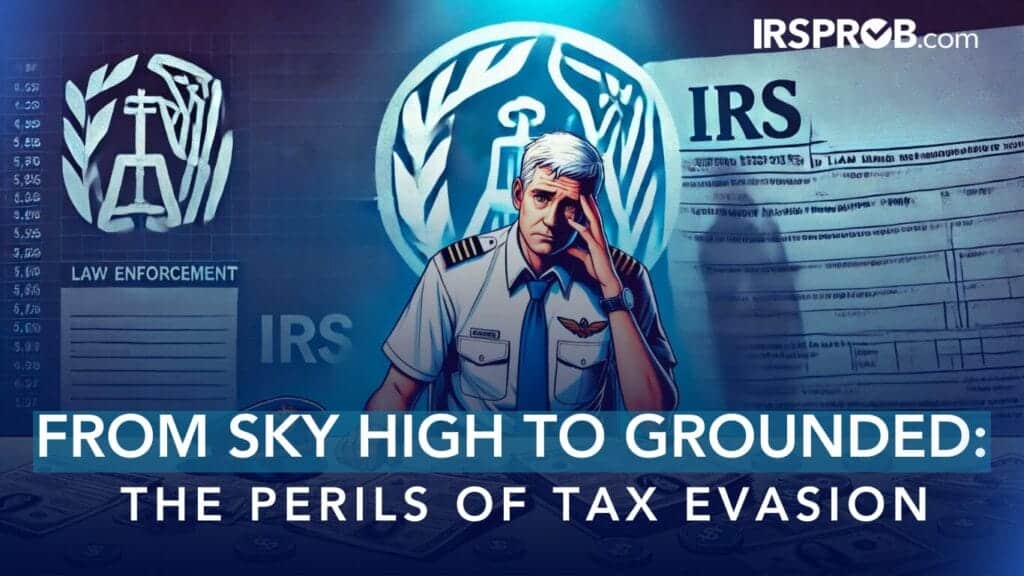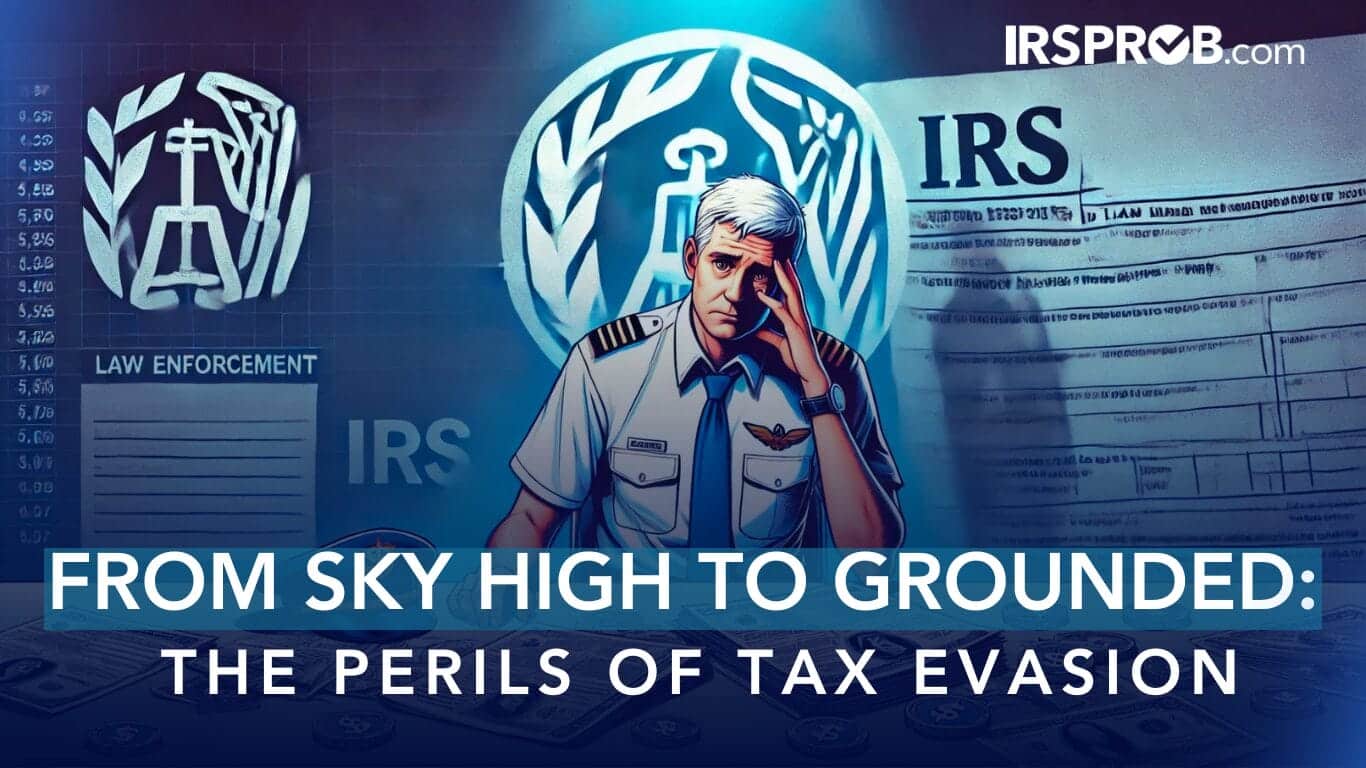
Charles Sorenson, a retired Delta Airlines pilot, was recently found guilty of multiple serious tax-related offenses, including tax evasion, filing false tax returns, failing to file tax returns, and making false claims. His case serves as a stark reminder of the importance of accurate tax reporting and the severe consequences of attempting to deceive the IRS.
The Costly Consequences of False Reporting
Sorenson’s troubles began in 2017 when he filed his 2015 tax return, claiming a refund of $55,365 despite owing more than $49,000 in taxes. The following year, he filed a return for the 2016 tax year, seeking a refund of $123,370 while actually owing over $175,000. These false claims were eventually uncovered during an IRS audit, revealing that Sorenson had wrongfully received more than $150,000 in refunds and owed more than $299,000 in taxes and penalties.
For business owners, this case underscores the critical importance of filing accurate tax returns. Filing false returns or making exaggerated claims can lead to severe penalties, including fines, interest on unpaid taxes, and even criminal charges.
Evading Collection: A Dangerous Game
Rather than addressing his tax debt, Sorenson went to great lengths to evade the IRS’s collection efforts. He hid his income and assets in shell religious non-profits, liquidated his retirement accounts, and converted his funds into cryptocurrency. This attempt to hide assets from the IRS is not only illegal but also highly risky. The IRS has developed sophisticated methods to track down hidden assets, and once discovered, the penalties can be even more severe.
For business owners, the takeaway is clear: attempting to hide assets or income from the IRS is never a wise strategy. The IRS has the authority to use various enforcement tools, including levies, liens, and even criminal prosecution, to collect what is owed.
The Importance of Filing Returns
Adding to his legal troubles, Sorenson also failed to file tax returns for the years 2017, 2018, and 2019. Failing to file a tax return is a serious offense, and the IRS imposes both civil and criminal penalties for non-compliance. Even if you cannot pay your tax bill, it is always better to file your return on time and work with the IRS to establish a payment plan.
What Business Owners Can Learn
Sorenson now faces several years in prison and will be required to make restitution to the IRS. His case is a powerful reminder of the importance of complying with tax laws and the severe consequences that can result from failing to do so.
For business owners, here are some key takeaways:
- Accuracy is Crucial: Ensure that all tax returns are accurate and truthful. Overstating deductions or underreporting income can lead to significant penalties.
- Don’t Hide Assets: Attempting to hide income or assets from the IRS is a high-risk strategy that can result in severe consequences, including criminal charges.
- Always File: Even if you cannot pay your taxes, it is essential to file your return on time. The penalties for not filing are often more severe than the penalties for not paying.
- Seek Professional Help: If you’re unsure about how to handle your tax obligations, it’s always wise to seek professional advice. A tax advisor can help you navigate the complexities of the tax code and ensure that you remain in compliance.
Sorenson’s case is a cautionary tale for anyone who might consider cutting corners on their taxes. The IRS has the tools and the determination to pursue tax evaders, and the consequences of being caught are severe. As a business owner, it’s essential to stay informed and compliant with all tax laws to avoid a similar fate.









